
The idea of ‘identity’ is a complicated one. As old mate Thales once said, “the most difficult thing in life is to know yourself.”
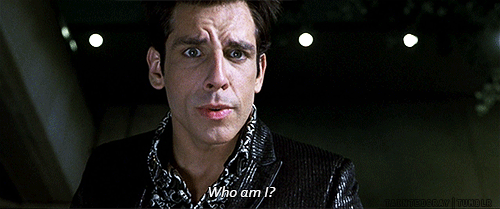
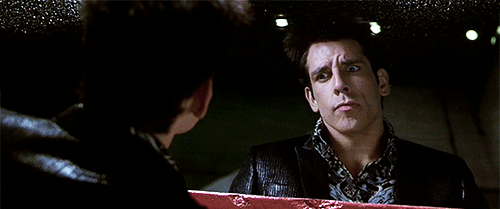
In their role as the official learning partner of ‘The Fashion World of Jean Paul Gaultier (From the Sidewalk to the Catwalk)’ exhibition, La Trobe University is asking visitors to come on down and define themselves in just 1 word.
Anyone who has ever come face-to-face with a face asking you to “tell me about yourself?!” will know, it’s hard to distill yourself into a few impressive, yet humble  , sound bites.
, sound bites.
As the description on the 1DENTITIES tumblr, where the accompanying images are collected for your perusal, reads: “Our identity is everything. It is anchored in every facet of our lives, from the way we look, and the things we wear, to our actions and the values we embody. Figuring out your own identity can be difficult. Even more difficult when you have to boil it down to just one word.”
Yet here we are. Observe, your fellow youths:

“The fundamental paradox of identity is inherent in the term itself. From the Latin root idem, meaning “the same,” the term nevertheless implies both similarity and difference. On the one hand, identity is something unique to each of us that we assume is more or less consistent (and hence the same) over time… Yet on the other hand, identity also implies a relationship with a broader collective or social group of some kind. When we talk about national identity, cultural identity, or gender identity, for example, we imply that our identity is partly a matter of what we share with other people.” (via ‘Youth, Identity and Digital Media‘).
The dictionary certainly isn’t any help on this one…
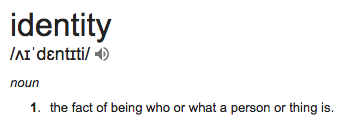
But Y?
We were given the chance to speak to Dr Philipa Rothfield (Honorary Senior Lecturer for the Philosophy Program at La Trobe) and asked her if she agreed that we were a pack of narcissists: “I think people are just taking selfies at face value, if you ask me.”
She continued: “If you just get on public transport everyone has their face in their phone, not just younger people. But younger people do take up technology more readily. More narcissistic? I don’t think so. From the young people I know they look equally as self-obsessed or selfish as any young person – it’s not a generational thing.”
There you have it; out of the mouths of professors.

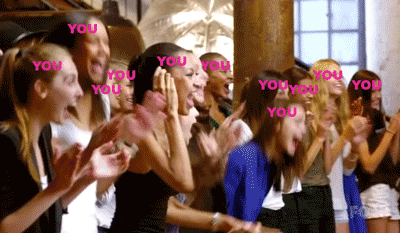

When speaking with the good folks over at La Trobe they mentioned that one word or sentiment that repeatedly came up, especially amongst younger people, was “wanderlust.” A while ago we did a research project on ‘The Secret Lives of Young Australians,’ in which we surveyed our readers to find out what they’re all about and amongst our findings was the below:
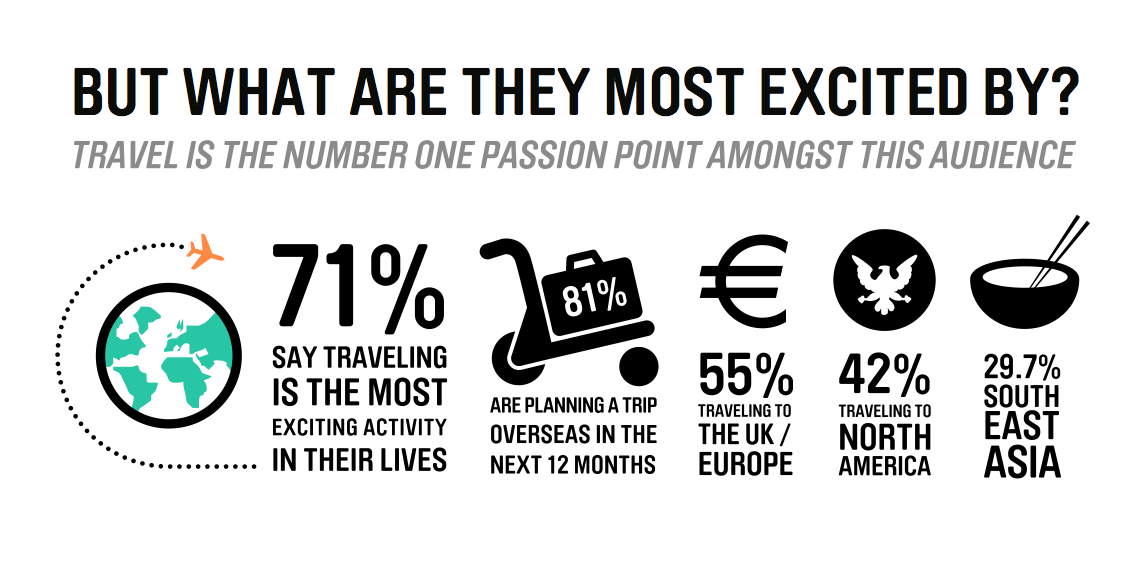
When I mentioned that to Philipa she pointed out that this was different to past generations because “air travel is so much cheaper now” and has seemingly become an incredibly important part of the millennial search for self.
What does Wikipedia have to say about it, you ask? According to university students’ favourite resource, wanderlust “may reflect an intense urge for self-development by experiencing the unknown, confronting unforeseen challenges, getting to know unfamiliar cultures, ways of life and behaviours.”
To get to some kind of point before the end of article Put shortly, our generation is all about that ‘I travel, therefore I am’ life.

Not unlike that George Bernard Shaw quote – “Life isn’t about finding yourself / Life is about creating yourself”. It’s rather nice to think that our identity is entirely in our own hands.
Contest: who is best at me? I win.
— birdsrightsactivist (@ProBirdRights) April 14, 2014
You can take part in La Trobe University’s 1dentities collection at Friday Nights at Jean Paul Gaultier at the National Gallery of Victoria being held until 8 February 2015.



